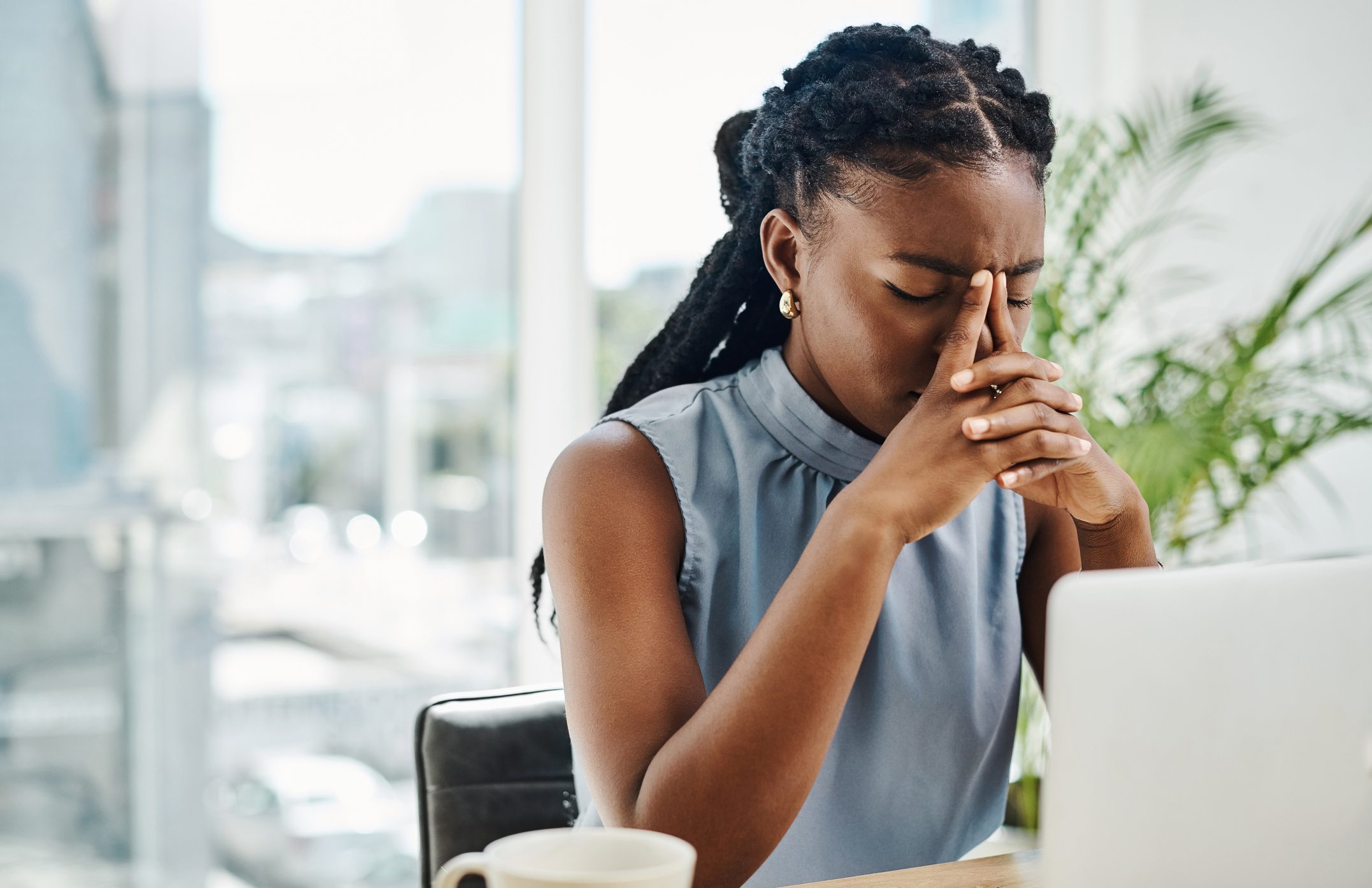It took just shy of six months before microagressions and harrassment from upper management started at Morgan Buchanan’s new job at a cloud-based restaurant management platform.
“Every time I tried standing up for myself, I would be labeled ‘aggressive’ or ‘combative,'” Buchanan said.
Buchanan was an implementation consultant and was excited to start her new role. However, her work environment quickly changed when her white colleagues’ microaggressions took over, and job opportunities seemed less obtainable.
A recent series of reports have shed light on a disturbing trend in the workplace. An alarming number of Black women are leaving their jobs due to feelings, like those experienced by Buchanan, of being unsafe at work. This phenomenon highlights a critical issue that demands attention from employers, policymakers, and society.
EXHALE reported that nearly 36% of Black women have departed from their positions due to feelings of unsafe. The wellness app dedicated to Black women and women of color published its “The State of Self-Care for Black Women” report recently and based it on its survey of 1,005 Black women in the U.S.
While the modern workspace is often abuzz with terms like diversity, equity, and inclusion, the report underlines that more than these broad strokes may be needed. A specialized focus is essential for Black women’s mental and emotional well-being, with 77% of the respondents emphasizing the need for more tailored well-being tools and resources.
Reasons Black Women Feel Unsafe at Work
One of the findings in the EXHALE report showed that many women said their work environments do not provide safe spaces for Black women to share their feelings and discuss their stresses. Black women often face challenges at work due to several factors, some include:
- Discrimination and Harassment (This includes racial microaggressions, stereotyping, unequal treatment, and overt racism).
- Lack of Inclusive Work Environments: A lack of representation in leadership and decision-making processes can contribute to feelings of isolation and insecurity among Black women.
- Unequal Pay and Opportunity: Economic disparities persist, with Black women often earning less than their counterparts for the same work. This wage gap can lead to feelings of inequity and a lack of financial security, exacerbating their sense of vulnerability.
- Cultural Insensitivity: The workplace may not always be culturally sensitive, with insufficient understanding and respect for Black women’s unique experiences and needs. Cultural insensitivity includes dress code policies, hair discrimination, and insensitivity to cultural traditions.
- Lack of Support: A lack of adequate support systems within organizations can amplify Black women’s feelings of isolation and vulnerability.
Buchanan experienced harassment, a lack of an inclusive work environment, and a lack of support during her short time with the company.
“I was the only Black woman on my team, and it showed. And whenever I spoke to my direct supervisor, you could tell he didn’t know how to talk to Black people. Our conversations either seemed awkward or forced,” said Buchanan.
She added that whenever she asked a question and the trainers weren’t around, her manager would never respond to her questions. She found the interaction odd.
“Then there would be times when he gave me the wrong information. I only learned about the wrong information when the team checking our reports would say something,” she added. “After a while, I stopped asking him questions.”
Buchanan also revealed that when she tried to talk about her concerns about the work processes to a higher-level manager, her direct supervisor began excluding her from the team. She felt unsupported.
“After a while, there was just this uneasiness every time I walked into the office,” she revealed.
‘Enough was Enough’
Buchanan noted that she lasted a little over a year with the company before she decided “enough was enough.”
“I couldn’t take it anymore…the distasteful jokes, the high workload, and sometimes, the outright disrespect,” Buchanan explained. “I got this job after earning my Master’s Degree and thought, ‘I’m on the right path.’ But after a while, I couldn’t do it anymore.”
During her time with the company, Buchanan realized her focus changed.
“I no longer cared about reaching the top of the corporate ladder or the amazing pay. I just wanted out,” she admitted.
Buchanan believes her previous job taught her how to prioritize herself.
“My priority became my mental and emotional health,” she said. “And it significantly improved when I left that job.”
